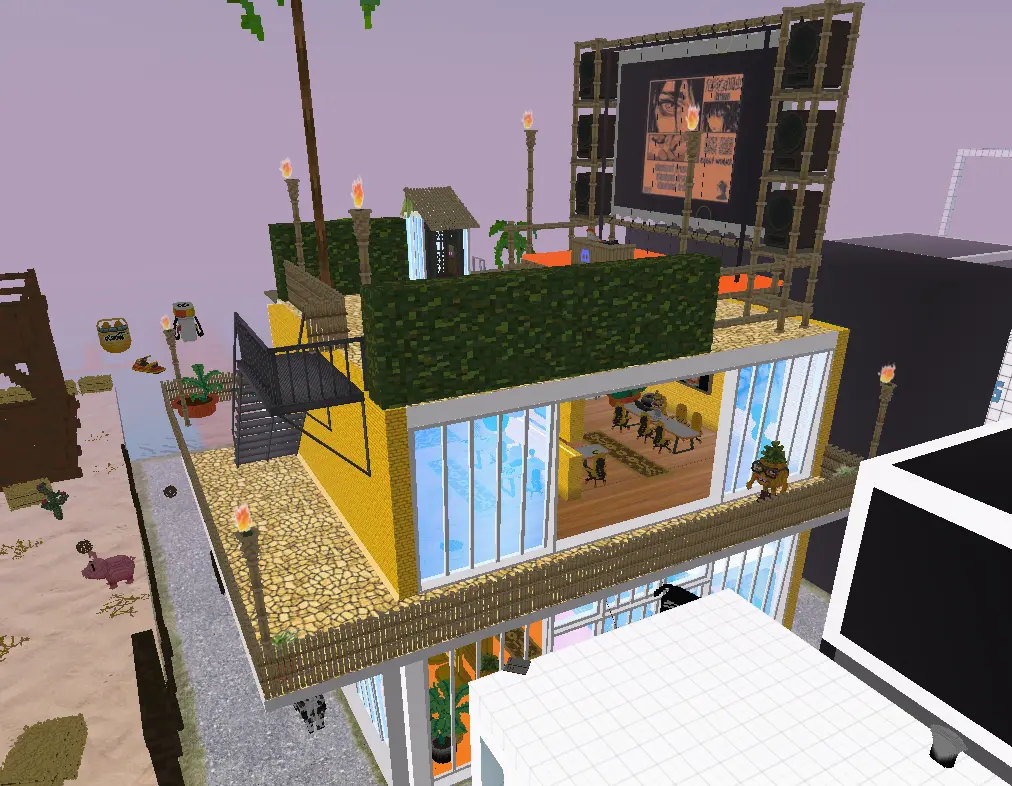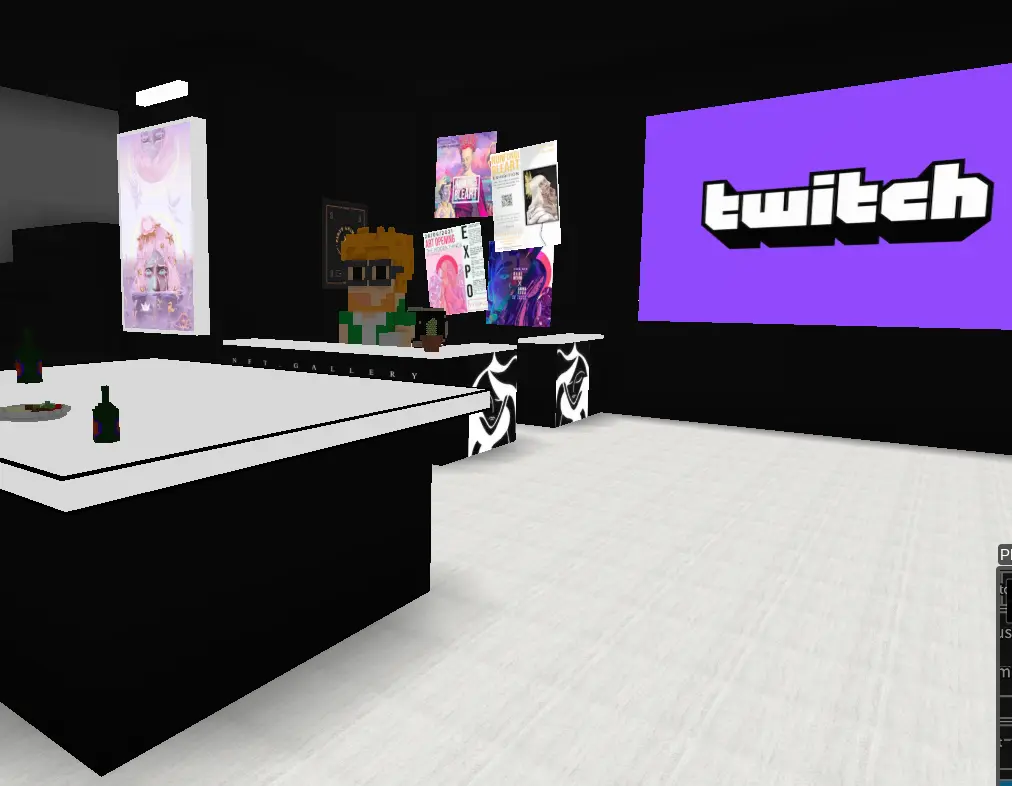Predictions of Past and Present
Once in a while it may be nice to let loose with a little silliness. So enjoy this short article on 18th century critical theory and the folly of technological prophesies.
Historicism, that nebulous academic term that finds itself increasingly harder to define the more you delve into it, is at play more than you may think in the ever-changing landscape of web3. A term originally coined by Friedrich Schlegel a couple centuries ago, we will define it– for the purposes of this article– simply as the idea that societies at different times in history can oftentimes lose sight of the fact that time keeps marching forward. The future, it turns out, isn’t the easiest thing to predict. And the present doesn’t offer up all the answers. As much as we may be tempted to feel like we’ve got it all figured out, history has a bad habit of revealing the folly that belies this hubris.
After all, two Romans speaking a couple thousand years ago didn’t ask each other what year it was, only for one to tell the other, “We’re in the year -22 BCE, dummy!”
All this a long-winded way to say: people tend to lose sight of the future, or, to be more precise, never truly have it. Our ability to predict is pathetically unreliable as systems grow more complex. Case in point: computing power has grown exponentially, and yet we are still terrible at predicting weather. You’d think with all our developments we’d be able to see a massive hurricane before it forms, and yet this feat is presently considered functionally impossible.
For all the naysayers out there: criticism of new ideas, technologies and ways of building isn’t too new after all. People have a hard time predicting what will work, but hindsight is 20/20. Enjoy as we pit historical figures, living and otherwise, in a match of predictions in the Premonition Rumble!
JB’s Inaugural Premonition Rumble!
Warren Buffet versus Robert Metcalfe
"In terms of cryptocurrencies generally, I can say almost with certainty that they will come to a bad ending.” - Warren Buffet, 2019
vs
“I predict the Internet will soon go spectacularly supernova and in 1996 catastrophically collapse.” — Robert Metcalfe, founder of 3Com, inventor of Ethernet, 1995
Paul Krugman versus Thomas Edison
“Twelve years on, cryptocurrencies play almost no role in normal economic activity. Almost the only time we hear about them being used as a means of payment -- as opposed to speculative trading -- is in association with illegal activity.” - Paul Krugman, Nobel prize-winning economist, 2021
vs
“Fooling around with alternating current (AC) is just a waste of time. Nobody will use it, ever.” — Thomas Edison, accomplished inventor, 1889
Warren Buffet versus David Sarnoff
"Cryptocurrencies basically have no value and they don't produce anything. They don't reproduce, they can't mail you a check, they can't do anything, and what you hope is that somebody else comes along and pays you more money for them later on, but then that person's got the problem. In terms of value: zero." — Warren Buffet, 2020
vs
“The wireless music box [ie the radio] has no imaginable commercial value. Who would pay for a message sent to no one in particular?” — David Sarnoff, founder of RCA, 1921
Charlie Munger versus Steve Jobs
“I think I should say modestly that the whole damn development [of cryptocurrency] is disgusting and contrary to the interests of civilization.” - Charlie Munger, legendary investor, 2021
vs
“The subscription model of buying music is bankrupt. I think you could make available the Second Coming in a subscription model, and it might not be successful.” — Steve Jobs, 2003
Bill Gates versus himself
“As an asset class, [crypto] is not producing anything and so you shouldn’t expect it to go up. It’s kind of a pure ‘greater fool theory’ type of investment.” - Bill Gates, crypto expert!, 2019
vs
“No one will need more than 637KB of memory for a personal computer. 640KB ought to be enough for anybody.” - Bill Gates, computer expert!, 1981
vs
“Two years from now, spam will be solved.” - Bill Gates, spam expert!, 2004
vs
“I see little commercial potential for the internet for the next 10 years.” - Bill Gates, Nostradamus Incarnate!, 1994
Main takeaways
- All the radios in the world are kind of just window dressing, I guess
- Wtf it’s 2022 and Spotify still doesn’t have The Second Coming!?
- Alternating current is a flex, not the basis for the world’s electrical grid
- I don’t even know where the fuck you’re reading this, because the internet imploded in 1996
Welp...
Our competitors fought ferociously— have you been keeping score at home?
 The Cryptovoxels environment from above
The Cryptovoxels environment from above A lounge in the Cryptovoxels space
A lounge in the Cryptovoxels space A Cryptovoxel room, replete with revolving door and anonymous puppet avatar)
A Cryptovoxel room, replete with revolving door and anonymous puppet avatar)